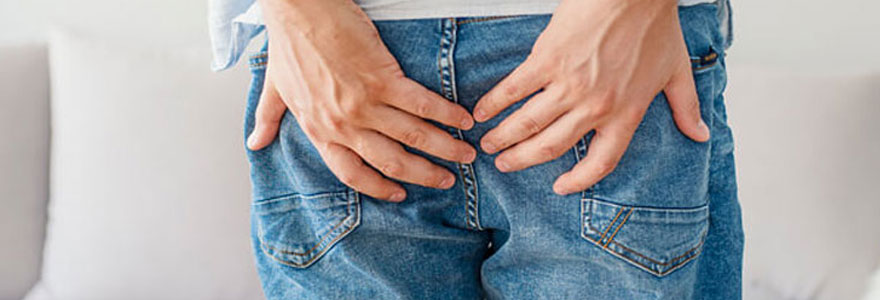
Dr. Amrita Khatri
M.D., B.H.M.S.Book Appointment
Piles

Piles, also known as hemorrhoids, are swollen and inflamed veins in the rectum and anus. They can cause discomfort, pain, bleeding, and itching. Hemorrhoids are a common condition and can occur at any age.
Symptoms of Piles (Hemorrhoids)
- Bleeding: Bright red blood on toilet paper, in the toilet bowl, or on the surface of the stool.
- Pain or Discomfort: Pain or discomfort around the anus, especially during or after bowel movements.
- Itching: Itching or irritation in the anal region.
- Swelling: Swelling or a lump around the anus, which may be sensitive or painful to touch.
- Prolapse: A hemorrhoid that protrudes from the anus, which may require manual retraction or may go back inside on its own.
- Mucus Discharge: Mucus discharge from the anal area.
- Sensation of Fullness: A feeling of fullness or pressure in the rectal area.
Causes of Piles (Hemorrhoids)
- Straining During Bowel Movements: Excessive straining due to constipation or diarrhea can cause pressure on the veins in the rectal area.
- Chronic Constipation or Diarrhea: Frequent bouts of constipation or diarrhea can lead to the development of hemorrhoids.
- Pregnancy: The increased pressure on the pelvic veins during pregnancy can cause hemorrhoids. Hormonal changes can also contribute to their development.
- Obesity: Excess body weight increases pressure on the veins in the lower part of the body, including the rectum and anus.
- Prolonged Sitting or Standing: Sitting or standing for extended periods can increase pressure in the rectal veins.
- Aging: The risk of hemorrhoids increases with age as the tissues supporting the veins weaken and stretch.
- Genetics: A family history of hemorrhoids may increase the risk of developing them.
- Heavy Lifting: Repeated heavy lifting or strenuous physical activity can lead to increased pressure on the rectal veins.
- Low-Fiber Diet: A diet low in fiber can contribute to constipation and increased straining during bowel movements.


